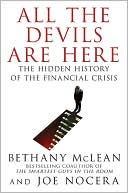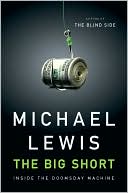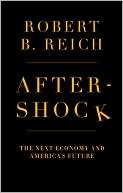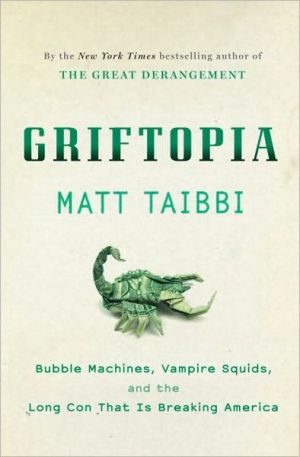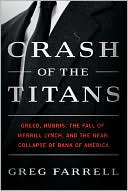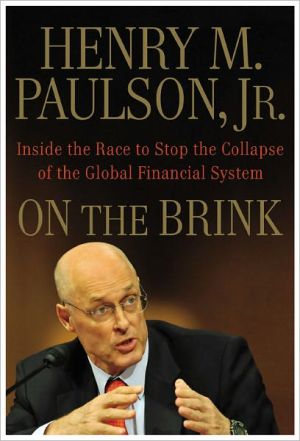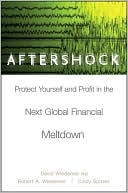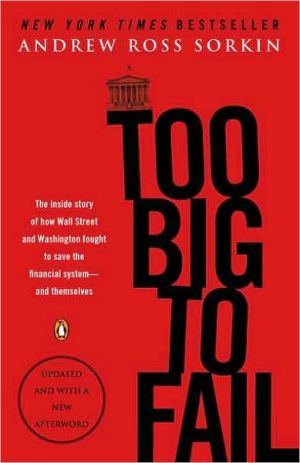Money and the Meaning of Life
If we understood the true role of money in our lives, writes philosopher Jacob Needleman, we would not think simply in terms of spending it or saving it. Money exerts a deep emotional influence on who we are and what we tell ourselves we can never have. Our long unwillingness to understand the emotional and spiritual effects of money on us is at the heart of why we have come to know the price of everything, and the value of nothing. Money has everything to do with the pursuit of an idealistic...
Search in google:
If we understood the true role of money in our lives, writes philosopher Jacob Needleman, we would not think simply in terms of spending it or saving it. Money exerts a deep emotional influence on who we are and what we tell ourselves we can never have. Our long unwillingness to understand the emotional and spiritual effects of money on us is at the heart of why we have come to know the price of everything, and the value of nothing. Money has everything to do with the pursuit of an idealistic life, while at the same time, it is at the root of our daily frustrations. On a social level, money has a profound impact on the price of progress. Needleman shows how money slowly began to haunt us, from the invention of coins in Biblical times (when money was created to rescue the community good, not for self gain), through its hypnotic appeal in our money-obsessed era. This is a remarkable book that combines myth and psychology, the poetry of the Sufis and the wisdom of King Solomon, along with Jacob Needleman's searching of his own soul and his culture to explain how money can become a unique means of self-knowledge. As part of the Currency paperback line, it includes a "User's Guide" an introduction and discussion guide created for the paperback by the author — to help readers make practical use of the book's ideas. Publishers Weekly Philosopher Needleman ( The New Religions ) believes that our obsession with money and compulsion for material wealth undercut personal authenticity: ``The money question is formed in us at the very roots of our personality,'' instilling a narrow attitude of personal gain. If only we would step back and look at the emotional and spiritual effects money has on us, the green stuff could ``serve the aim of self-knowledge'' and become ``a tool for breaking out'' of our mental prison, insists Needleman. Then we would appreciate existence as a gift. How to accomplish this self-transformation is not spelled out in this portentous sermon, which draws on ancient Greek and Hebrew views of hell, Christian teachings, the legend of King Solomon, Eastern wisdom, Meister Eckhart, Rilke, Emerson and an analysis of Max Weber and the roots of modern capitalism. (Nov.)
\ Publishers Weekly\ - Publisher's Weekly\ Philosopher Needleman ( The New Religions ) believes that our obsession with money and compulsion for material wealth undercut personal authenticity: ``The money question is formed in us at the very roots of our personality,'' instilling a narrow attitude of personal gain. If only we would step back and look at the emotional and spiritual effects money has on us, the green stuff could ``serve the aim of self-knowledge'' and become ``a tool for breaking out'' of our mental prison, insists Needleman. Then we would appreciate existence as a gift. How to accomplish this self-transformation is not spelled out in this portentous sermon, which draws on ancient Greek and Hebrew views of hell, Christian teachings, the legend of King Solomon, Eastern wisdom, Meister Eckhart, Rilke, Emerson and an analysis of Max Weber and the roots of modern capitalism. (Nov.)\ \ \ \ \ Library JournalNeedleman, a philosophy professor, argues that while we have countless books on making and managing money, there is little published on the relationship between the quest for money and the quest for the meaning of life. While that is often seen as humanity's main weakness, it is Needleman's thesis that in our time the principle of personal gain is embodied in the quest for money. In what seems to be an updated version of the gospel of wealth (complete with solemn quotes from a ``businessman,'' probably Laurance Rockefeller), Needleman concludes that money can be accumulated not only for personal needs and wants, but for higher, philanthropic purposes that can give life real meaning. Recommended for academic and large public library collections.-- Jeffrey R. Herold, Bucyrus P.L., Ohio\ \

